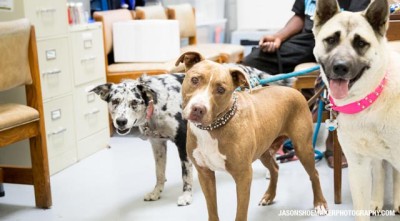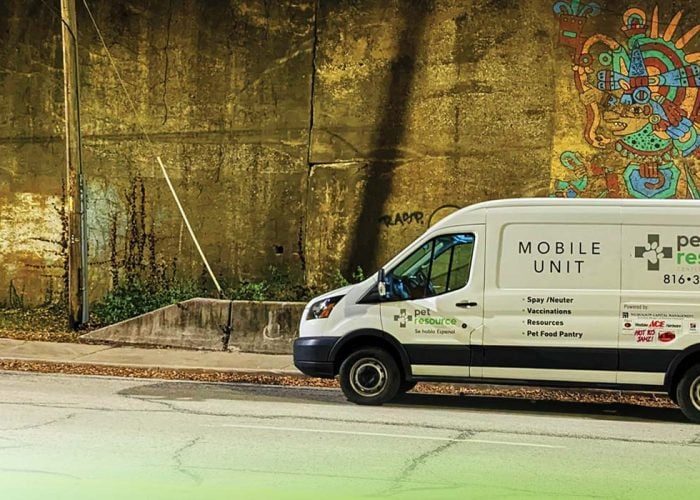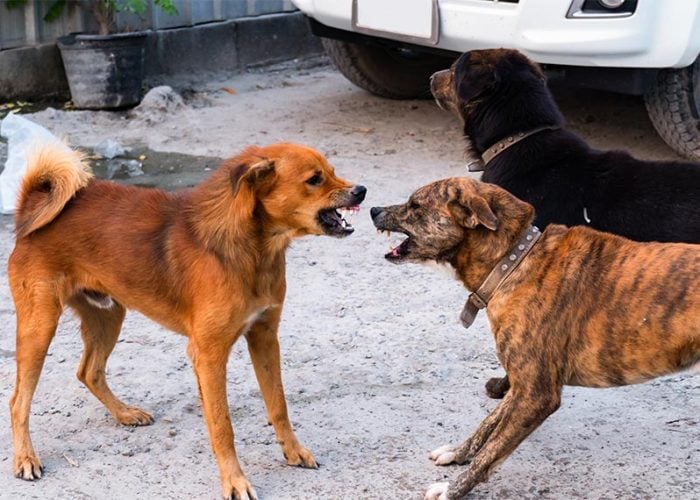 It’s only recently that I’ve started doing social media and public relations for this organization. Before that I was a part of the Families Better Together outreach team, and before that I worked retail. Retail is such a different beast in terms of how things are emphasized and presented to the public. You want to make the sale, you want to tell them about special deals, you want them to sign up to get coupons.
It’s only recently that I’ve started doing social media and public relations for this organization. Before that I was a part of the Families Better Together outreach team, and before that I worked retail. Retail is such a different beast in terms of how things are emphasized and presented to the public. You want to make the sale, you want to tell them about special deals, you want them to sign up to get coupons.
Animal welfare is different. You’re trying to show what kind of work you’re doing, how you’re helping people. But isn’t that the same as retail advertising? you ask. You’re trying to sell the product, in this case animal welfare and community outreach services. Sure, sure, the basic mechanism is the same, but you can create different narratives in animal welfare because you encounter a lot of different situations. You will see animals not in the best of conditions. How do you handle that with regard to what you show to the public?
There are a couple of approaches to this. Some organizations focus on the sensational, capitalizing on outrage or frustration or any other number of emotions that motivate people to donate. It works; it really does. My question would be what the long-term impact of that approach is. It’s tiring, outrage (let me tell you about my 20s), and while an emotional shock may act as a call to action, I don’t know know that it’s a sustainable approach to animal welfare public relations.
Here at Pet Resource Center of Kansas City, our focus is always on positive outcomes. We try to make them happen, and we present them to the public. Our philosophy is that, long-term, it’s more sustainable to focus on what good came of the situation, even if it’s not the ideal outcome. Human beings are complex, confusing creatures; despite your best efforts, you end up with situations you have to make the best of. To take something away from a less-than-ideal situation and say, “We were able to make some positive impact,” or “Here’s what we learned from this situation” is leading by example, not through anger or frustration, but out of a desire to help and to build a stronger sense of community.


Great post David!
Thank you so much!
In our city the needs are great for humans and animals. Energy is misdirected at fretting when moving forward has better outcomes.
I appreciate PRCKC. I TNR in the city. Without PRCKC I could not afford to assist the feral colonies.
Keep your eyes and your heart open!
It’s true! There’s so much to do in this city, so many ways to help, so many people and animals who need that help. Thank you so much for your support!